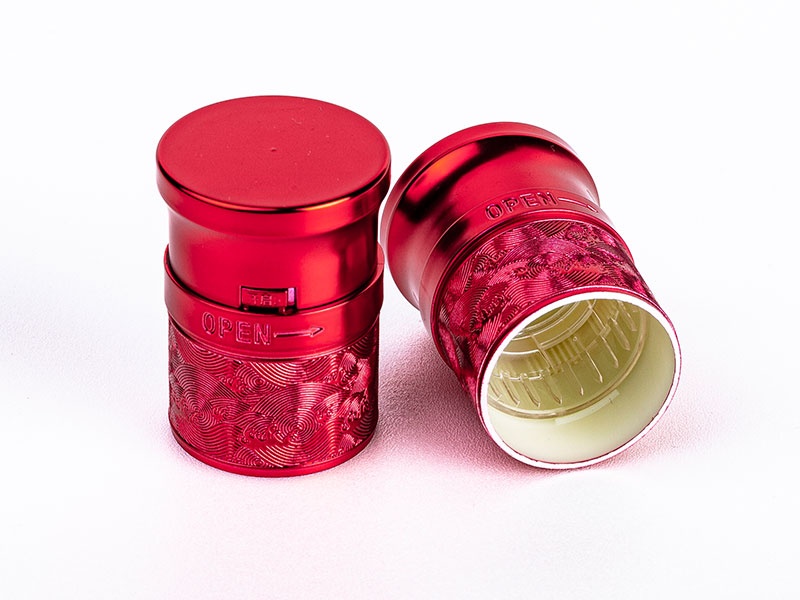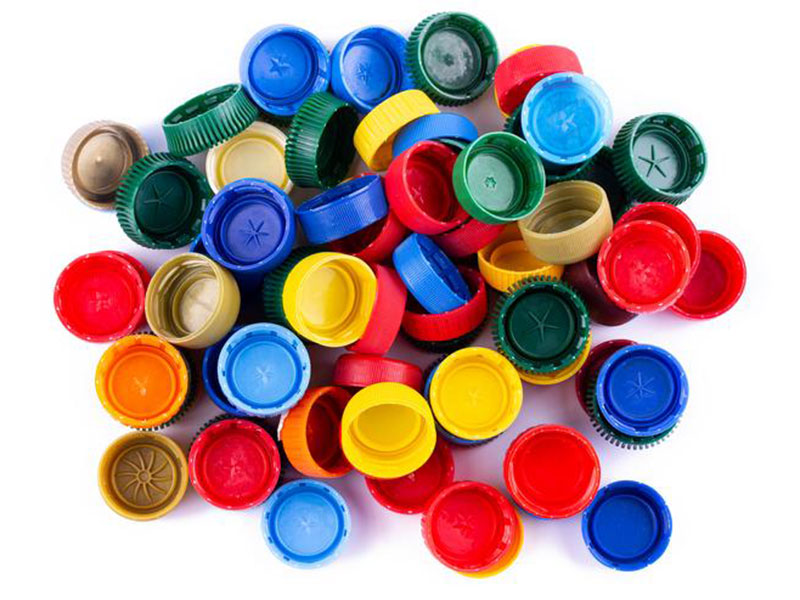Non Rifillable Plastic Caps with Glassball
Non Refillable Plastic Caps with Glass Ball: A Synergy of Safety and Innovation
In today’s packaging landscape, the blend of functionality, safety, and sustainability is paramount. An intriguing component that embodies these qualities is the non refillable plastic cap with a glass ball—a niche yet impactful innovation shaping secure dispensing and consumer trust.
Non Refillable Plastic Caps with Glass Ball
At first glance, plastic caps are mundane accessories, but when engineered as non refillable systems combined with a glass ball, they serve a very specialized purpose: to guarantee one-time use while enhancing the user’s control over flow and dosage.
From a production standpoint, the non-refillable plastic cap with a glass ball presents a fascinating challenge. We're essentially combining two distinct manufacturing processes – injection molding for the plastic cap and precision glass forming for the ball – into a single, assembled product. The biggest hurdle is ensuring consistent and reliable integration. The tight tolerances required for the glass ball to fit securely and function correctly within the plastic cap necessitate extremely precise molding parameters and rigorous quality control at every stage. Any deviation, however slight, in either the plastic or glass component can lead to defects, impacting both functionality (sealing) and the aesthetics of the final product. We're constantly working on optimizing our processes to minimize waste and improve yield.
My personal perspective involves a touch of frustration and a healthy dose of pride. The frustration comes from the inherent complexities in managing the supply chain for two different material types, each with their own unique suppliers and potential for delays. However, the pride comes from seeing the finished product – a clever, tamper-evident design that truly protects the integrity of the contents. Witnessing the ingenuity of this seemingly simple cap, from the initial design to the final assembly line, constantly reinforces the value of our work in contributing to a safer and more secure product for consumers. It reminds me that even seemingly small components play a significant role in the broader manufacturing landscape.
The plastic cap serves as the consumer interface, designed meticulously to avoid reuse, which is essential in sectors where contamination or product adulteration can compromise safety, such as pharmaceuticals, chemicals, or food-grade liquids. The incorporation of a glass ball inside the cap is not just aesthetic; it greatly influences flow control. By acting as a one-way valve, the glass ball helps regulate liquid discharge, preventing spills, drips, or unintended over-pouring.
The Unique Advantage: Glass Ball Insight
Glass, being inert, smooth, and chemically resistant, is ideal for interacting with delicate formulas—whether acidic beverages, medicated syrups, or cosmetic serums. The ball mechanism provides precise control but remains simple, cost-effective, and reliable compared to complex mechanical valves.
Moreover, the opaque or semi-transparent nature of many plastic caps coupled with the glass ball adds a visual cue and tactile feedback during usage—inviting a sensory experience that reassures the user that the product is secure and functioning as intended.
From a User Safety and Industry Trust Perspective
The non refillable aspect is a game-changer in safety compliance. It guards against product tampering or secondary dilution, which could lead to health risks or product degradation. Having a sealed cap that cannot be refilled pairs perfectly with the glass ball valve, which prevents accidental spillage during first use. This dual feature significantly boosts consumer confidence, ensuring the product inside remains pure and effective until final consumption.
For manufacturers, it offers regulatory advantages and assures end-consumers about the integrity of their products.
Sustainability Considerations
While combining plastic and glass might initially raise concerns regarding recycling, many innovative industry players are now developing caps with recyclable or bio-sourced plastics. Furthermore, the longevity and disposal safety of the glass ball reduce microplastic or chemical residue issues, facilitating safer product lifecycle management.
Practical Applications
- Pharmaceuticals: Secure doses of liquid medicines with no risk of refilling or contamination.
- Cosmetics: Precise application of serums and oils using the glass ball valve.
- Food & Beverage: Controlled pouring of specialty sauces, emulsions, or spirits where freshness preservation is crucial.
https://www.bottle-cap-lids.com/a/non-rifillable-plastic-caps-with-glassball.html




